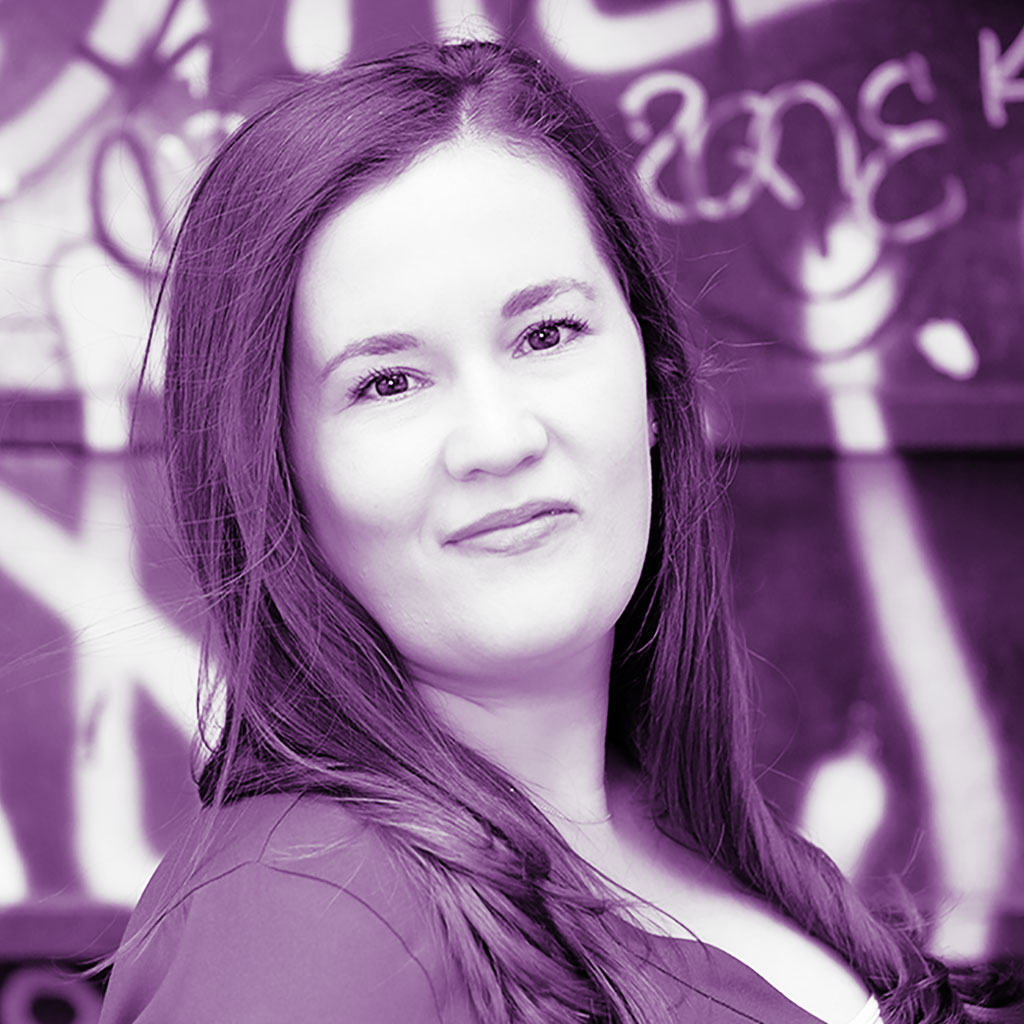Episode 61: Overcoming Failed Fertility Treatments: A Male’s Perspective
Infertility is a journey that is complex and emotionally challenging for anyone involved, but there tends to be a lack of focus on the feelings and emotions of male partners. In today’s episode, we hear from Philip Schmidt, who shares his perspective on experiencing an infertility journey.
Philip and his wife endured three years of emotional, physical, and financial challenges in their family building journey. Fortunately, everything turned around for the couple when Philip found a new job that offered comprehensive fertility coverage, allowing them to expand their family in a way they never could’ve imagined.
We’ll learn how Philip and his wife pursued both adoption and fertility treatments and within a few months, welcomed not one but two children into their family.
We also hear from Dr. Stephanie Gustin, a reproductive endocrinologist and fertility expert at the Heartland Center for Reproductive Medicine, who adds clarity to the infertility diagnosis recurrent pregnancy loss. She also shares her experience working with male partners of women going through fertility treatment and how their emotional strain can often go overlooked.
Guest: Philip Schmidt, Progyny Member
Expert: Dr. Stephanie Gustin, Heartland Center for Reproductive Medicine
Host: Lissa Kline, VP of Member and Provider Services at Progyny
For more information visit Progyny’s Podcast page and Progyny’s Education page for more resources on emotional support and awareness.
Be sure to follow us on Instagram, @ThisisInfertilityPodcast and use the #ThisisInfertility.
Have a question, comment, or want to share your story? Email us at thisisinfertility@progyny.com.
Here are some highlights from this episode:
Infertility is Not Just a Women’s Issue
17:40 – 21:18
Lissa Kline: In this podcast, we often discuss how challenging infertility is. And, for reasons that might be obvious to some, we are often discussing infertility as something that is deeply challenging for women. Almost all of our fertility stories are being shared by women, and I think part of that is because women bear the brunt of the physical burden of fertility treatments.
But, in a healthy relationship, when one person is struggling deeply, both partners struggle. And while men don’t experience the physical trauma associated with infertility, fertility treatments, and pregnancy loss, they do experience the emotional traumas. Because infertility is so often considered a women’s health issue, there can be an egregious lack of resources for these men.
That lack of resources became painfully clear to Philip as the couple endured these experiences.
Philip Schmidt: I did a lot of research on my own trying to find videos and groups specific to men going through infertility or losses. There’s some stuff out there, but it pales in comparison to women’s resources, and rightfully so as women are going through the physical things. But it’s just as important to make sure the men are mentally taken care of as well. Data shows that suicide rates for men are very high and a lot of the time, it’s because they don’t feel like they can share or have anyone to talk to.
So, I did a brief video and started a blog on our Facebook, just to kind of share our story. We both felt alone going through this and so we felt somewhat of a moral responsibility to share our story to make others feel they’re not alone in it.
On the page, I did a 15-minute video talking about my experience as a man supporting a woman through this as well as taking care of myself. I’m not the one having the chemical reactions and being stuck with needles, but I felt helpless and like my job as a husband or a partner is to make sure the person you’re with doesn’t hurt, but I couldn’t here. I couldn’t make her feel better. It was really tough.
Luckily, I had a lot of people in my life that I relied on for distractions during this difficult time at home. The best people were the ones who shut up and listened. We could grab a beer or go watch a game, and I could vent without receiving any suggestions or standard generic advice.
Lissa Kline: Philip is one man stepping forward to share his unique experience, but Dr. Gustin encounters men in this position every day.
Dr. Gustin: He’s not alone, you know. There is robust data that anxiety and depression are in men and women. The partners experience it as well. I see it in both same-sex and heterosexual partners that the partner not going through it all commonly feel the same way. I would recommend support groups and partners seek help to process their emotions.
Employer-Sponsored Coverage Can Change Everything
22:53 – 26:43
Philip Schmidt: I had a handful of friends that work at LinkedIn who let me know that they had incredible fertility benefits. At that point, I didn’t even know that was a thing that companies offered. But after some time, I found a role at LinkedIn that really aligned with my background, and interviewed with my now boss, Kimber Anderson, who is incredible. It all worked out and I joined the team!
Lissa Kline: Philip got the job at LinkedIn and that significantly changed everything.
LinkedIn offers fertility benefits through Progyny. Yes, the same Progyny that is behind this podcast. In offering this benefit LinkedIn is able to truly change the lives of their employees in ways that people don’t usually think about when they think about workplace benefits.
LinkedIn has made such a resounding impact with their offering that in November they were honored by Resolve, the National Infertility Awareness Association, at the Night of Hope Gala with the Hope Award for Access. We can’t be more proud of LinkedIn for all of the great things they are doing for their employees, and for the greater infertility community.
As you’re about to hear, access to fertility treatments can really make all the difference.
Philip really enjoyed his previous job, but he found LinkedIn to be an even better fit.
Philip Schmidt: It’s a great company and I love my job. Everyone is so supportive – I think there are seven people just on my corner of our floor who have utilized Progyny for infertility. And every single person has a different story. There are people whose spouse had cancer, people in same-sex relationships. There is an insane number of stories, all dealing with the same issue – we just want to grow our families. It’s so cool that LinkedIn supports this and that Progyny does an amazing job providing us these benefits.
Lissa Kline: Having fertility coverage made it pretty straightforward for Philip and his wife to go ahead with a second round of IVF.

Host
Lissa oversees the Patient Care Advocates and the Provider Relations Team. She worked at Columbia University Medical Center for several years in the division of Reproductive Endocrinology and Infertility. Involved in Patient Services and the Donor Egg Program, she loved working with patients while they underwent fertility treatment. Lissa graduated with a Master of Science in Social Work from Columbia University

Guest
Philip and his wife and experienced multiple losses without a real understanding of why. The couple turned to IVF to reduce risk of future losses, with the help of employer-sponsored coverage. To help others through fertility struggles, Philip and his wife started a Facebook group called ‘Praying for Schmidt to Happen’, which documents their journey. Through IVF and adoption, their family grew to 4 in 2019. Their mission in sharing their story is to help inspire other families, even if only one, not to give up on their dream.

Guest
Dr. Gustin is a board-certified Reproductive Endocrinologist. A native Nebraskan, born and raised in Lincoln, she attended the University of Nebraska — Lincoln for her undergraduate education. Thereafter, she moved to Washington, DC, where she attended medical school at Georgetown University School of Medicine. She graduated Cum Laude and was admitted to the Alpha Omega Alpha medical Society.
For residency, Dr. Gustin switched coasts to train in Obstetrics and Gynecology at Stanford University Hospital. She then remained at Stanford to complete her fellowship in Reproductive Endocrinology and Infertility. Dr. Gustin has a special interest in recurrent pregnancy loss, reproductive genetics and in vitro fertilization. Additionally, Dr. Gustin is able to provide minimally invasive treatment of endometriosis and fibroids, utilizing the da Vinci robotic surgical system for complex minimally invasive procedures. Her practice at Heartland covers all aspects of infertility, including fertility sparing surgery and assisted reproduction.
Music From This Episode:
Artist: Soft and Furious
Track: Melancholic Ending
URL: https://freemusicarchive.org/
Artist: Steve Combs
Track: Symphony No 1 II Truth
URL: https://freemusicarchive.org/
Track: A vital piece of music for all your soundtrack needs
URL: https://freemusicarchive.org/
Artist: Monplaisir
Track: Four Years
URL: https://freemusicarchive.org/
Artist: Andy G Cohen
Track: Oxygen Mask
URL: https://freemusicarchive.org/
Artist: Rest You Sleeping Giant
Track: End of Winter
URL: https://freemusicarchive.org/
Artist: Jahzzar
Track: Talk to me
URL: https://freemusicarchive.org/
Artist: Kai Engel
Track: Seeker
URL: https://freemusicarchive.org/
Artist: Philip Weigl
Track: Even when we fall
URL: https://freemusicarchive.org/
Artist: Swelling
Track: Dawn II
URL: https://freemusicarchive.org/



